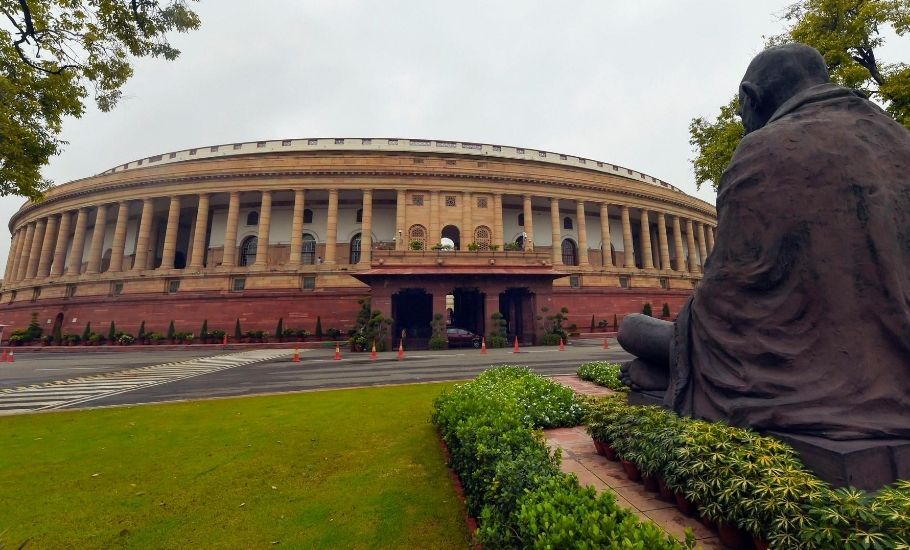
Why India sees a strong need to monitor, regulate cryptos
Grey areas persist even as PM-led meeting discusses cryptos' potential to be misused; govt likely to table Cryptocurrency Bill soon

With even advanced economies such as Singapore raising concerns on cryptocurrencies, India is likely to rein in the digital currency market with a new law. Prime Minister Narendra Modi had recently held a review meeting on cryptos, and how his government is likely to shape its regulation going forward. An imminent step in this direction is a Cryptocurrency Bill likely to be tabled in Parliament during the Winter session. [The Parliamentary Standing Committee on Finance led by BJP MP and former Union minister Jayant Sinha also met on Monday (November 15) and agreed that although cryptocurrency cannot be stopped in the country, there was a need to regulate it to avoid frauds].
Also read: Cryptocurrency cannot be stopped, but regulation must: Parliamentary panel
While the PM’s meeting details were not completely available, it was reported that the Centre plans to monitor — and strongly regulate — the nascent field by engaging with expert and industry stakeholders. The Centre is worried, in particular, about the money laundering and terror financing opportunities that the anonymity offered by cryptos present.
Jurisdiction and other issues
The PM was also joined by Reserve Bank of India (RBI) Governor Shaktikanta Das and Securities and Exchange Board of India (SEBI) Chairperson Ajay Tyagi. There was consensus among the participants that there are attempts to mislead the youth; to rein this in, non-transparent advertisement and false promises need to be stopped, they said.
Also read: RBI’s Retail Direct: No masterstroke, just breaststroke outside the water
The meeting participants pointed to the need to first define cryptocurrency from a regulatory limelight, on whether it falls under the category of currency, commodity or security, reports said. If it is deemed currency, the RBI would govern it. For commodities and securities, SEBI is the regulator.
While the Centre recognises the crypto technology as being an evolving one, it is geared to keep constant watch and be proactive about regulation. For this, it will engage with global experts in the field. Collective strategies are called for since the crypto market works across borders, the meeting agreed.
The RBI has traditionally been a strong critic of cryptos. At one point, it had banned them, but that ban had to be lifted following a Supreme Court ruling. For now, it has cautioned banks to keep a careful eye on crypto transactions. Last week, Das once again emphasised that cryptos pose a serious threat to the financial system, as central banks across the world do not regulate them.
Introduction of legislation
The Cryptocurrency and Regulation of Official Digital Currency Bill, 2021, is expected to be tabled in Parliament in the upcoming Winter session. It is likely to describe measures to monitor the segment and offer guidelines to prevent its misuse for activities such as terror funding and money laundering.
Also, the Bill will look at taxing returns from crypto trading, as this often involves vast amounts, it is expected. Here, again, there is confusion. While crypto trading as a service would come under the goods and services tax (GST), any profits made ought to be subject to a direct tax — short- or long-term capital gains tax.

